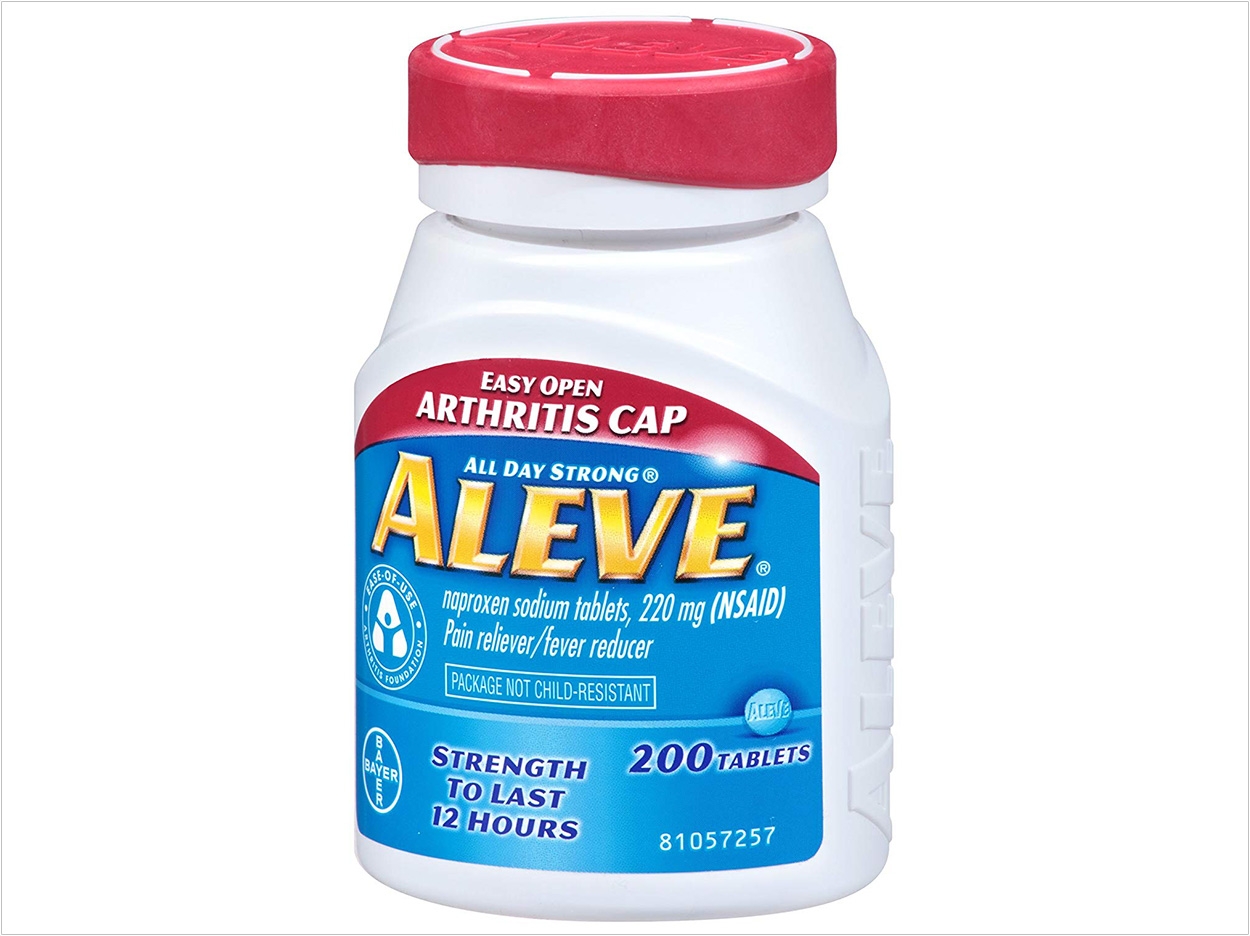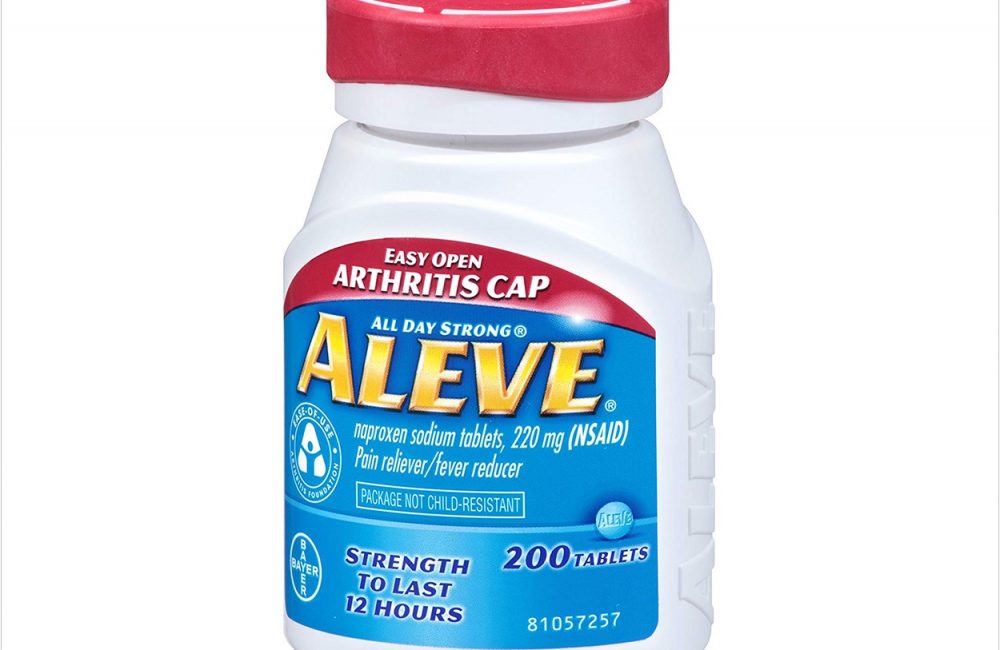
Over-the-counter (OTC) pain medication Aleve (naproxen sodium) provides more pain relief from hour three onward than acetaminophen plus codeine after wisdom tooth removal, according to Bayer, which sponsored a pair of single-dose studies exploring its effectiveness.
In both studies, fewer patients who took Aleve experienced dizziness, sleepiness, nausea, and vomiting than those on acetaminophen-codeine as well, Bayer reports.
Patients with moderate to severe pain following wisdom tooth extraction received either two 220-mg capsules of Aleve, two 300-mg capsules of acetaminophen and two 30-mg capsules of codeine phosphate, or a placebo and then rated their pain levels over eight hours.
From the three-hour mark onward in both studies, patients who took Aleve reported significantly reduced pain compared to those taking acetaminophen plus codeine. Aleve also provided more sustained relief per dose, Bayer said, as demonstrated by a longer median time to re-medication compared to patients on acetaminophen plus codeine.
The findings have important implications for young people, said Bayer, noting previous ADA research showing that most patients undergoing wisdom tooth removal in the United States are under the age of 25.
In one study, high school students who use prescribed opioids are 33% more likely to misuse opioids later in life. In another study, post-dental surgery prescriptions account for as many as 100 million unused opioid pills that later may be misused by the patient or by others.
“Oral analgesics are widely used by doctors to manage acute dental pain, and dentists can select from a variety of over-the-counter and prescription options including opioids, non-opioids, and combinations,” said Eishdeep Cattry, PharmD, Bayer Consumer Health.
“The choice of treatment should strike a balance between the drug’s benefits and risks, optimizing efficacy while minimizing safety concerns,” said Cattry.
“The results of these studies suggest that non-opioid analgesics like naproxen sodium, found in Aleve, may be a suitable alternative for dentists to recommend for minor pain following wisdom tooth surgery,” said Cattry.
The randomized, double-blind, placebo- and active-controlled studies included 455 patients who underwent surgical third molar extraction. The average age of patients was 24 in the first study and 21 in the second study.
In the first study, 25% to 27% versus 15% to 18% in the second study rated their postoperative dental pain at baseline as severe. Analgesic response by treatment was measured by the change in patients’ total pain relief (TOTPAR) scores and the change in patients’ sum of pain intensity differences (SPID).
TOTPAR was calculated as the time-weighted sum of values based on the hourly change in pain-relief levels from baseline. Pain relief scores were derived from a five-point categorical scale, with higher scores indicating greater pain relief. SPID was calculated as the time-weighted sum of values based on changes in pain-intensity levels from baseline to a given timepoint.
Four-point categorical rating scale scores from no pain to severe pain were subtracted from baseline levels and converted into pain intensity difference (PID) scores. Positive and higher PID scores indicated greater reduction in pain severity.
“Bayer is sharing this data with dentists and other dental professionals to increase their awareness of nonopioid options available that may effectively manage their patients’ pain needs,” said Manny Troullos, DMD, senior associate director, medical affairs analgesics, Bayer US LLC.
“These studies demonstrate that Aleve is a safe and effective option for their patients to help with minor dental pain, and the studies reinforce Bayer’s commitment to ensuring that patients and care providers have choices in managing pain,” said Troullos.
Related Articles
Opioid Prescriptions for Wisdom Tooth Extractions Linked to Long-Term Use
Youth at Greater Risk of Opioid Addiction After Dental Prescriptions
UnitedHealthcare Updates Policies to Reduce Potential Opioid Misuse












